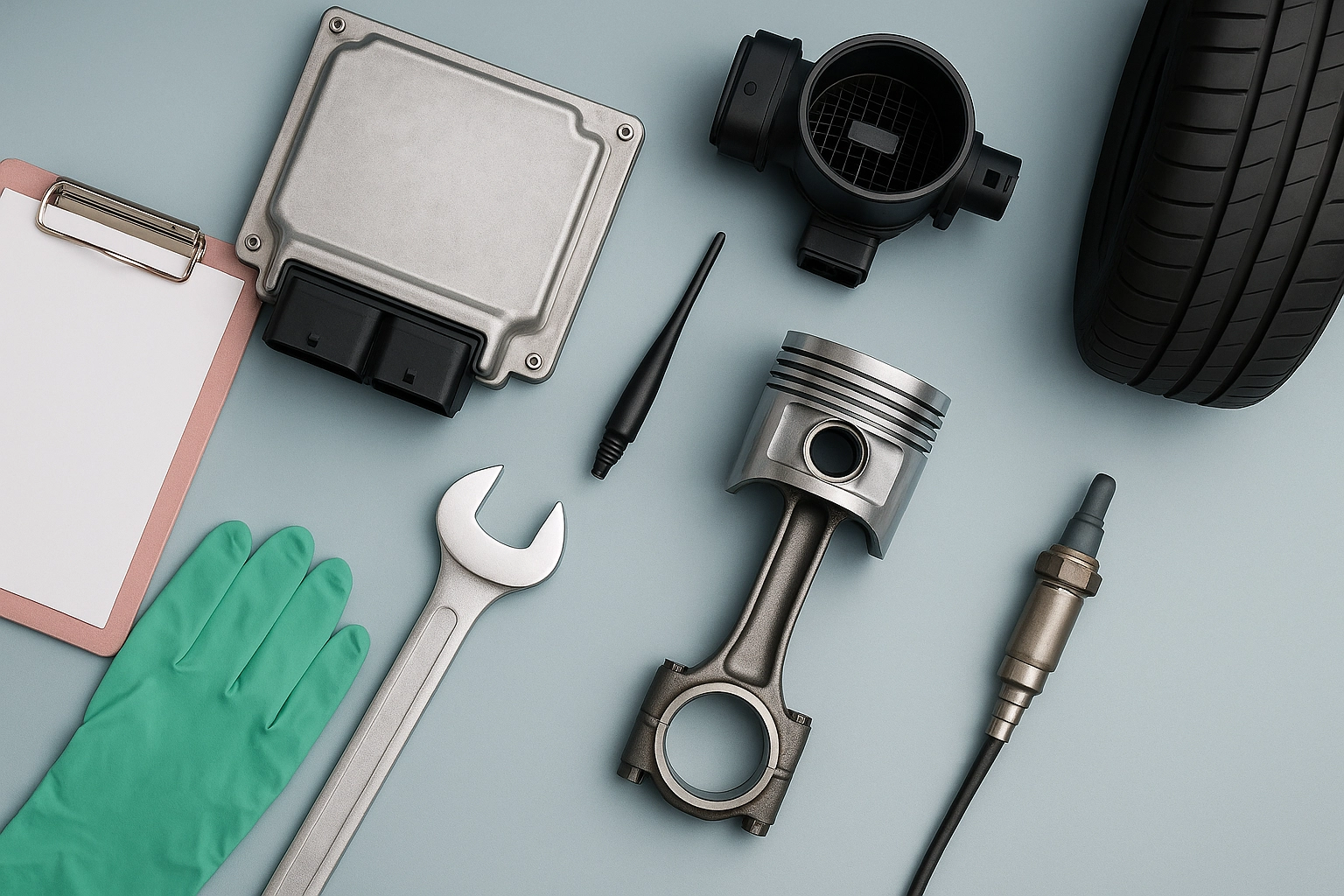SAE J1711 Hybrid Engine Fuel Economy Test
The SAE J1711 Hybrid Engine Fuel Economy Test is a critical component in ensuring that hybrid engines meet stringent fuel economy and environmental standards. This test evaluates the efficiency of hybrid engines under various driving conditions to ensure they perform within acceptable parameters set by regulatory bodies such as the U.S. Environmental Protection Agency (EPA) and the European Union's New European Drive Cycle (NEDC).
The SAE J1711 standard provides a standardized procedure for testing fuel consumption in hybrid electric vehicles (HEVs). The test is designed to simulate real-world driving conditions, thereby providing accurate data on the fuel efficiency of HEVs. This information is crucial for manufacturers as it helps them optimize their vehicle designs and meet regulatory requirements.
The test involves several steps, including preparation of the engine, setting up the testing environment, conducting the test runs, and analyzing the results. The engine must be prepared according to specific protocols outlined in SAE J1711, ensuring that all variables are consistent across different tests. This includes factors such as temperature control, battery state-of-charge (SOC), and initial driving conditions.
The testing environment is crucial for accurate results. It typically involves a dynamometer setup capable of simulating various driving scenarios, including acceleration, deceleration, and steady-state operation. The test cycle is designed to mimic the driving patterns of typical consumers, providing insights into how real-world drivers will experience fuel efficiency.
The SAE J1711 Hybrid Engine Fuel Economy Test focuses on measuring the fuel consumption of hybrid engines under these conditions. This involves monitoring the amount of fuel consumed during each phase of the test cycle and comparing it to theoretical calculations based on engine performance. The results are then used to determine if the vehicle meets the specified fuel economy targets.
Understanding the intricacies of this test is essential for quality managers, compliance officers, R&D engineers, and procurement teams involved in the automotive industry. By adhering to SAE J1711 standards, manufacturers can ensure that their products meet regulatory requirements and provide accurate information to consumers about fuel efficiency.
The test's significance extends beyond compliance with regulations. It also plays a vital role in improving vehicle design and performance. Engineers can use the data obtained from these tests to identify areas for improvement, optimize engine components, and enhance overall fuel efficiency.
In summary, the SAE J1711 Hybrid Engine Fuel Economy Test is a cornerstone of modern automotive testing. It ensures that hybrid engines meet stringent standards set by regulatory bodies, provides valuable insights into real-world performance, and aids in continuous improvement of vehicle designs.
Benefits
- Achieve Compliance: Ensure strict adherence to SAE J1711 standards for fuel economy testing.
- Enhanced Accuracy: Provide accurate and reliable data on fuel consumption, which is crucial for compliance with regulatory bodies like the EPA and NEDC.
- Improved Design: Use test results to identify areas where engine efficiency can be enhanced, leading to better overall vehicle performance.
- Consumer Trust: Offer transparent information about fuel economy, enhancing trust between manufacturers and consumers.
- Reputation: Demonstrate commitment to quality and environmental responsibility, boosting brand reputation in the industry.
- Competitive Advantage: Stay ahead of competitors by meeting or exceeding regulatory requirements, ensuring a strong market position.
- Sustainability: Contribute to sustainable practices through efficient fuel consumption, reducing environmental impact.
Eurolab Advantages
At Eurolab, we offer comprehensive and accurate SAE J1711 Hybrid Engine Fuel Economy Testing services. Our state-of-the-art facilities are equipped with the latest technology to ensure precise and reliable results.
- Precision Instruments: Utilize high-precision instruments for measuring fuel consumption under various conditions, ensuring accuracy in test results.
- Experienced Staff: Employ a team of highly skilled engineers and technicians with extensive experience in automotive testing.
- Comprehensive Reporting: Provide detailed reports that include all relevant data points, making it easier for clients to understand the results and take appropriate actions.
We pride ourselves on offering services that exceed expectations. Our commitment to excellence ensures that our clients receive accurate, reliable test results every time, regardless of the complexity of the task.
International Acceptance and Recognition
- Global Standards: SAE J1711 is widely recognized globally as a standard for fuel economy testing in hybrid engines. It is accepted by regulatory bodies around the world, ensuring that test results are universally applicable.
- Regulatory Compliance: The U.S. EPA and European NEDC both recognize this standard, making it essential for manufacturers operating within these markets to adhere to SAE J1711.
- Industry Trust: Adherence to SAE J1711 is seen as a mark of quality and reliability in the automotive industry. This trust can lead to increased market share and customer satisfaction.
- Market Access: Compliance with SAE J1711 opens up opportunities for manufacturers to access new markets, particularly those regulated by the EPA or NEDC.
- Competitive Edge: By meeting global standards, manufacturers can gain a competitive advantage, distinguishing themselves from competitors who do not adhere to these stringent testing protocols.





